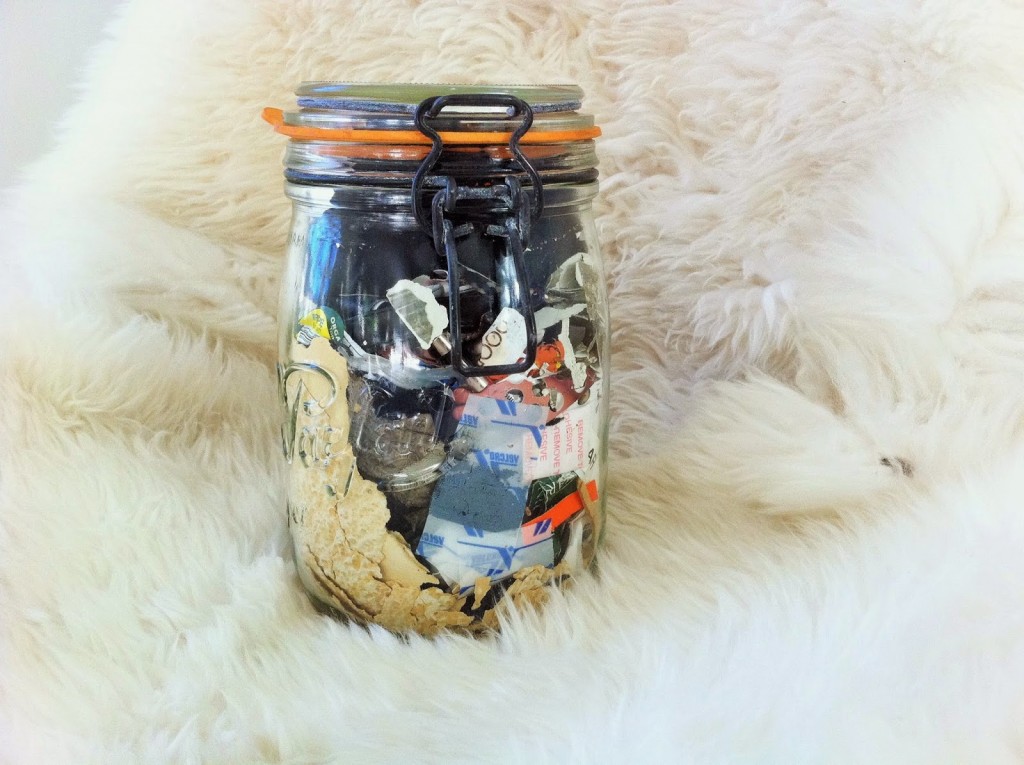
Late last year, Vancouver instituted a new program. This initiative requires that residents compost all organic household waste. This policy led our strata board to hold an educational session on recycling. I thought our family recycled a lot—I was wrong.
Since then, we’ve started cleaning and storing soft plastics (which I previously believed couldn’t be recycled) and weird unlabeled ones. Seeing the volume of waste we produce is illuminating. Our storage unit is now overflowing with special recycling, even though we don’t buy much. Most of this new recycling is a result of excess food packaging.
Packaging designers and corporations need to rewrite how they deliver consumer products. We can’t wait for business to lead this charge, though. Instead, we have to make changes to reduce our personal waste output. (In time, this will force business to change too, but that won’t happen fast.)
The challenge lies in how we get food into our homes, without all the packaging. This is a vexing problem, because we’re so used to seeing our food wrapped in plastic. As such, we’re led to think that this extra layer is necessary and there’s no other way. (How soon we forget the way life once was.)
Bea Johnson lives in Mill Valley, California, with her husband Scott, and two children. Since 2008, they’ve lived waste free, generating only a quart-size jar of waste per year (they used to fill a trash can every week). Bea blogs, wrote a book, provides tips, and runs a forum, helping people like you and me do the same. (And yes, there’s an app for that.)
Initially, the Johnsons downsized from a 2,000 sq ft home to only 1,400. This move necessitated minimizing their possessions. Through Bea’s research, she discovered new ways to declutter, and alternatives to producing waste. This new lifestyle helps the family save money. They also claim to be happier since making these changes.
Her formula for minimizing waste relies on a handful of new habits. She buys in bulk, using her own jars, and frequents farmers markets. She’s devised a system of refillable bottles, homemade cleaners, and handmade toothpaste that reduce waste. Additionally, she disposes of food scraps through red worm composting.
Want to try for yourself? Start with the following video, from Bea’s YouTube channel. Then follow Bea on Twitter for more advice on making your family zero-waste, too!